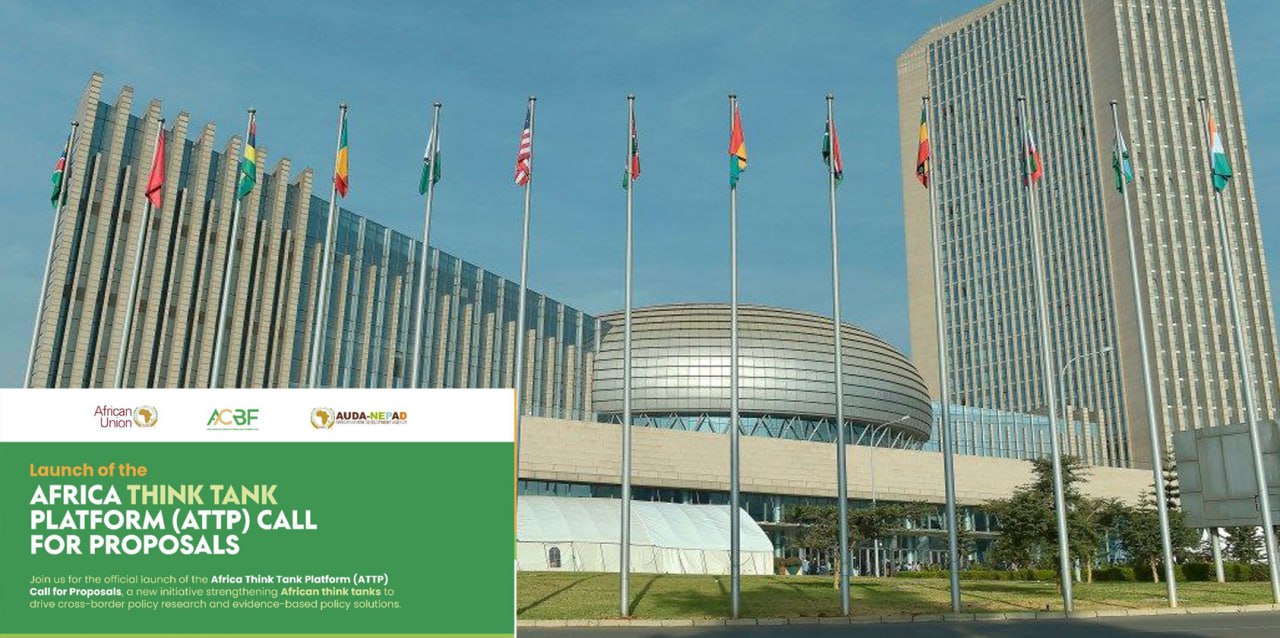The World Bank and the African Union (AU) have embarked on a landmark partnership with the official launch of the African Think Tanks Platform (ATTP), a major initiative aimed at enhancing the use of scientific data in policymaking across the continent. Backed by a $50 million grant from the International Development Association (IDA), the project is designed to strengthen the capacity of African research institutions, improve research quality, and close the gap between evidence and policy formulation.
Africa stands at a critical juncture with rapid population growth and an expanding workforce offering immense economic potential. Yet the continent grapples with persistent challenges including extreme poverty, inequality, climate vulnerability, and the urgent need to create jobs for its youthful population. As Samer Al-Samarrai, Lead Economist at the World Bank, explains, addressing these complex issues demands “data-driven, regionally coordinated and grounded policies based on the realities of the continent.”
Abdrahmane Dicko, Director of Programs and Impact at the African Capacity Building Foundation (ACBF), underscored the pivotal role of research institutions in shaping Africa’s future. “The ATTP project is a bold investment in the institutions that will shape the fate of our continent, namely research and development institutions,” he said, noting that this marks the first major investment directly targeting African research and development facilities since 2017.
Echoing this sentiment, Selma Malika Haddadi, Deputy Chairperson of the African Union Commission, highlighted the strategic importance of the platform for realizing the AU’s Agenda 2063. She remarked that achieving the continent’s ambitious development goals “requires more than ambition, it requires data-driven implementation.” Haddadi emphasized that research institutions are not peripheral actors but “important institutions that must be fully integrated into our governance system,” as they serve as critical generators, disseminators, and implementers of knowledge crucial for coordinated action at national, regional, and continental levels.
Haddadi also called on African Union member states to create conducive environments by developing national frameworks that support evidence-based policy, ensuring predictable long-term funding for research institutions, and strengthening institutional ties between national statistical systems, research bodies, and policymakers.
She praised the World Bank’s $50 million grant as “more than a financial contribution” but a symbol of a strategic partnership aligned with Africa’s priorities and leadership. This funding will enable the African Union Commission to establish the necessary structures and systems to operate an effective continent-wide platform, fostering cooperation among policymakers, think tanks, and regional organizations.
The ATTP project seeks to engage African policy institutions, researchers, and knowledge communities to make meaningful contributions to governance and development agendas. Under the initiative, consortia of three to five African think tanks can apply for grants of up to $10 million to collaborate on multi-year, policy-relevant research programs covering thematic areas such as economic transformation and governance, climate change, regional trade, food security, human capital development, and digitalization.
The launch event featured high-level speakers, including representatives from the African Union Commission, African Capacity Building Foundation, AUDA-NEPAD, and the World Bank. The platform is expected to be a game-changer in bridging the gap between academic research and policy formulation, driving evidence-based decision-making that truly reflects Africa’s development realities and aspirations.



